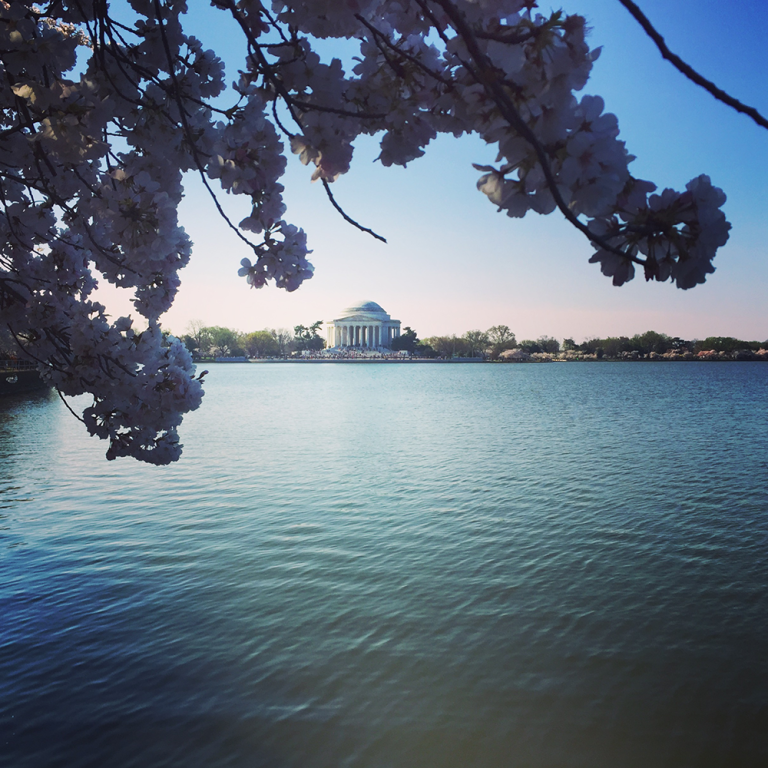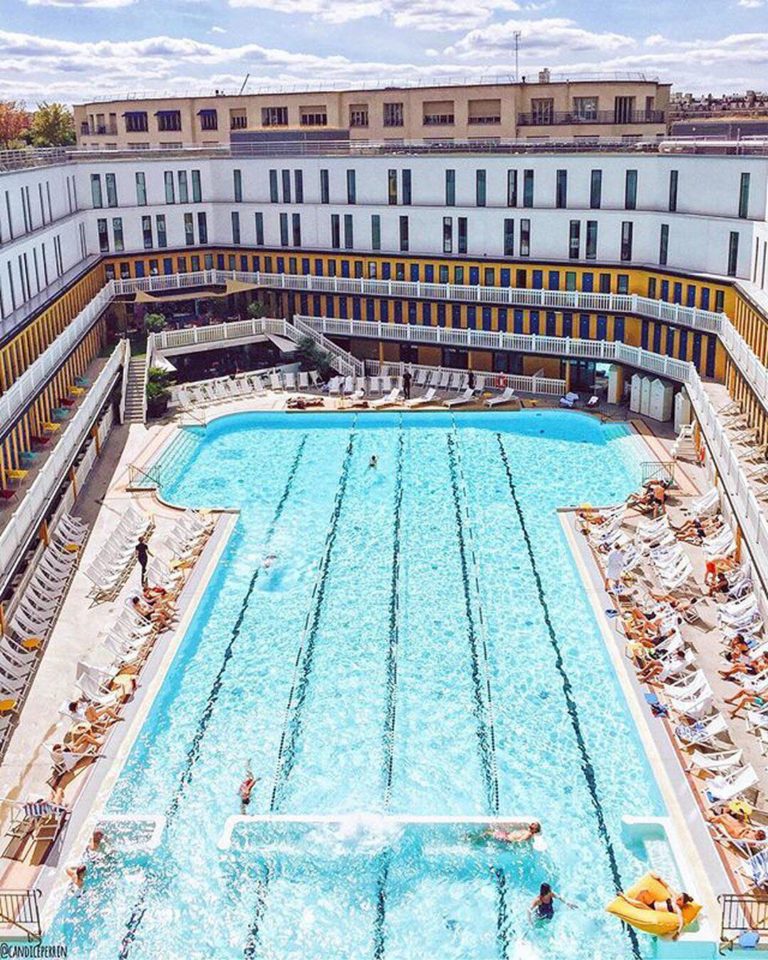What Are The Pros And Cons of Being an Airbnb Host?
If you took a trip recently, you may well have stayed in an Airbnb rather than a hotel. This online platform has done more than any other to make home sharing a safe and reliable alternative to hotel accommodation, as well as a potentially profitable business model. Did you know that Airbnb is active in nearly 200 countries and has more than 6 million listings?
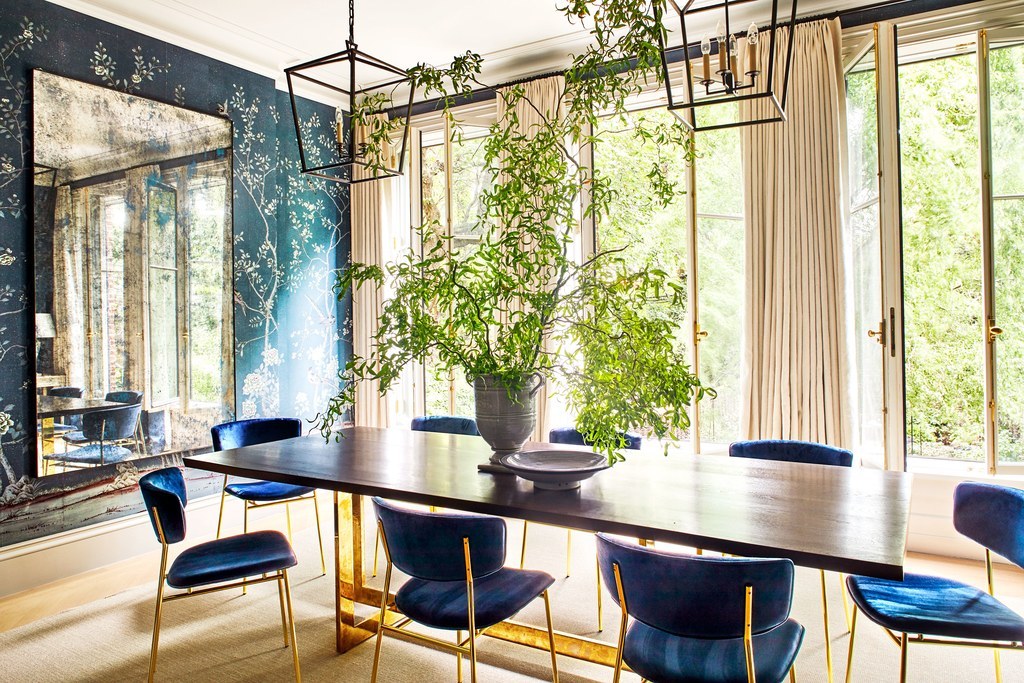
If you own your home and travel a lot, or even if you only have a spare room, perhaps you too could take advantage of the commercial opportunities? And if you have investment property, is Airbnb the better way to go rather than becoming a traditional landlord? Let’s take a look at the main pros and cons.
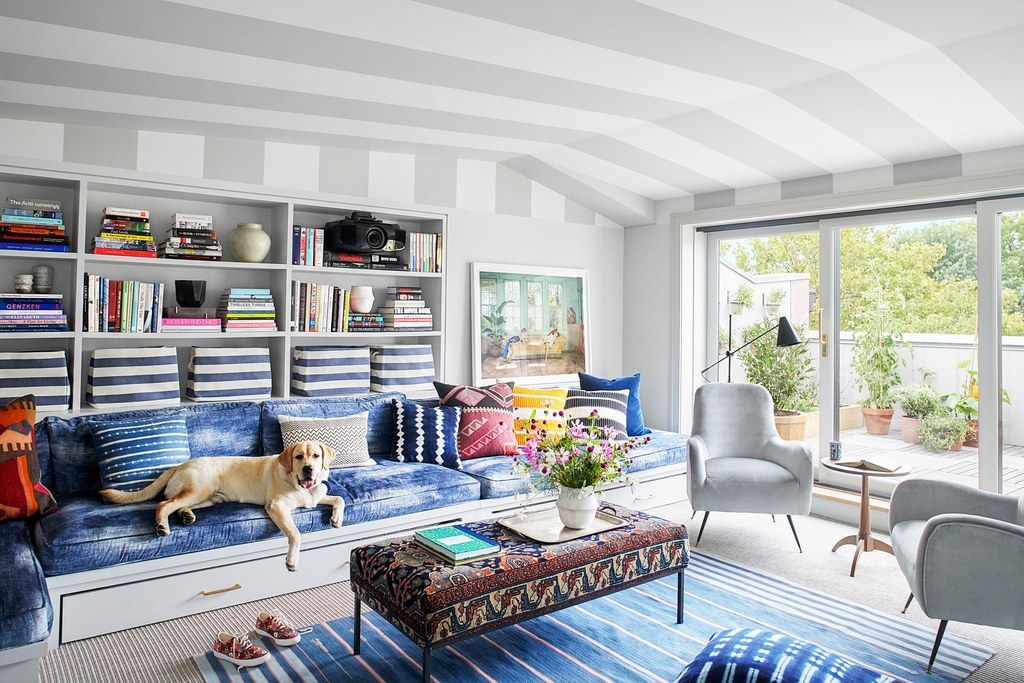
-
Greater flexibility
One of the most obvious advantages of having short-term visitors rather than long-term tenants is that you can choose when to make your property available to rent.
Are you away on business or holiday and can’t host? Would you like to put up friends or family who are coming to stay? Are maintenance, repairs or decoration needed at the property? No problem – simply block the relevant days as unavailable.
While Airbnb gives you the power to tailor the availability of your rental property to your own requirements, this is the kind of freedom that you simply don’t have with long-term tenants.

-
Close to home
The trouble with long-term rental contracts is that although you technically own the property, it’s your tenants who have the right to occupy it. How do you know whether they will take good care of the place? There aren’t many opportunities for landlords to go and check. No doubt you’ve heard horror stories of bad tenants who move out having trashed the place, costing the landlord thousands in repairs and redecorations before the property is ready for reletting.
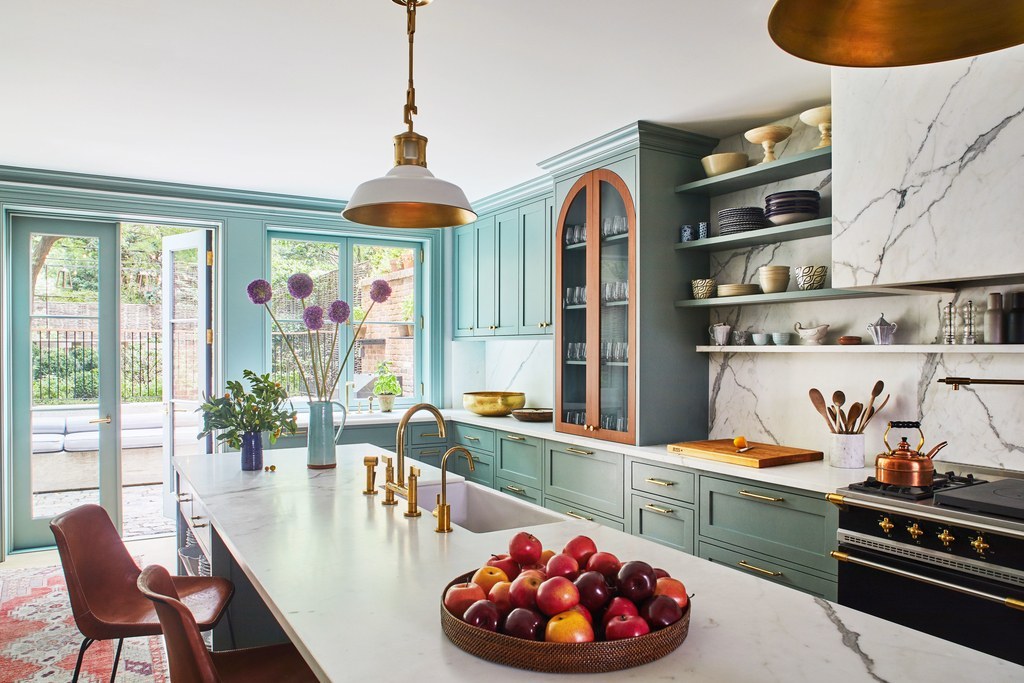
With Airbnb, none of the above applies. Since visitors are booked to stay for specified days only, a few weeks at a push, you get to keep a close eye on your flat or house and can check its condition regularly.
-
Easy payment
Dealing with money isn’t everyone’s cup of tea. But with Airbnb, you don’t have to channel your inner debt collector to make sure you get your rent. They do all that for you. One of the best things about Airbnb is that guests are required to pay up in full before they arrive.
In effect, you’ve outsourced the potential hassle that comes from chasing money for rent, evicting tenants from the property, or the thick skin required for standing up to problem tenants. Without getting your hands dirty, the money simply lands in your account. Beautiful.
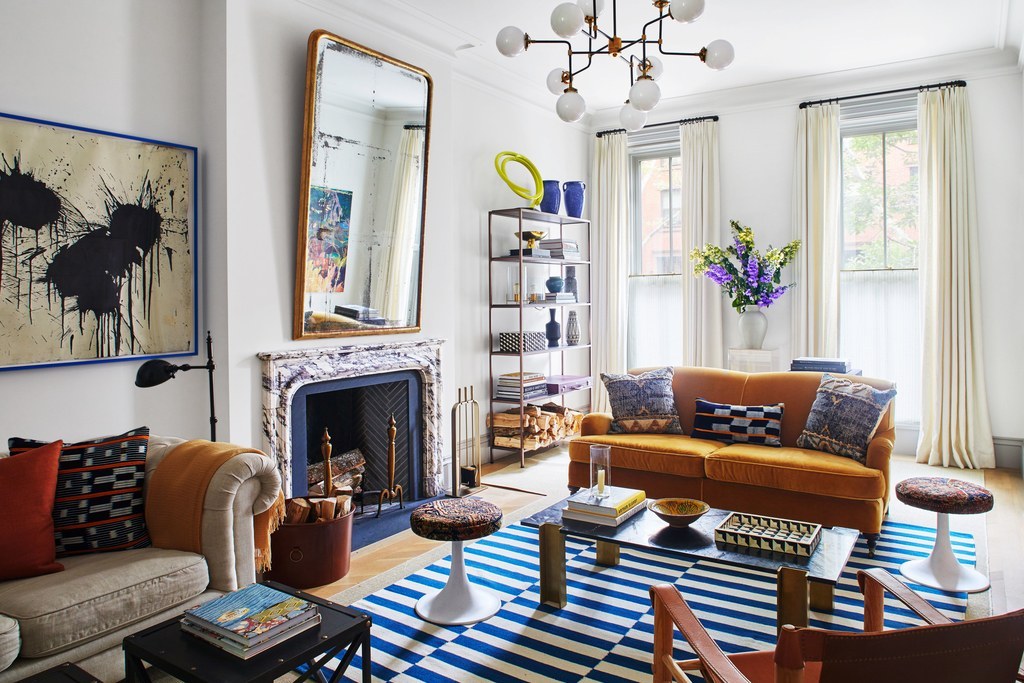
-
Great income potential
The price for renting out a room, flat or house out on Airbnb is calculated on a per night basis, much like a hotel. We all know that holiday accommodation is much more expensive than regular monthly rent – so why not capitalize on the obvious financial advantage?
If your property is situated in a high demand location, ideally with all-around interest, there’s a huge opportunity to make much more money as an Airbnb host than if you rented the same accommodation to a long-term tenant.
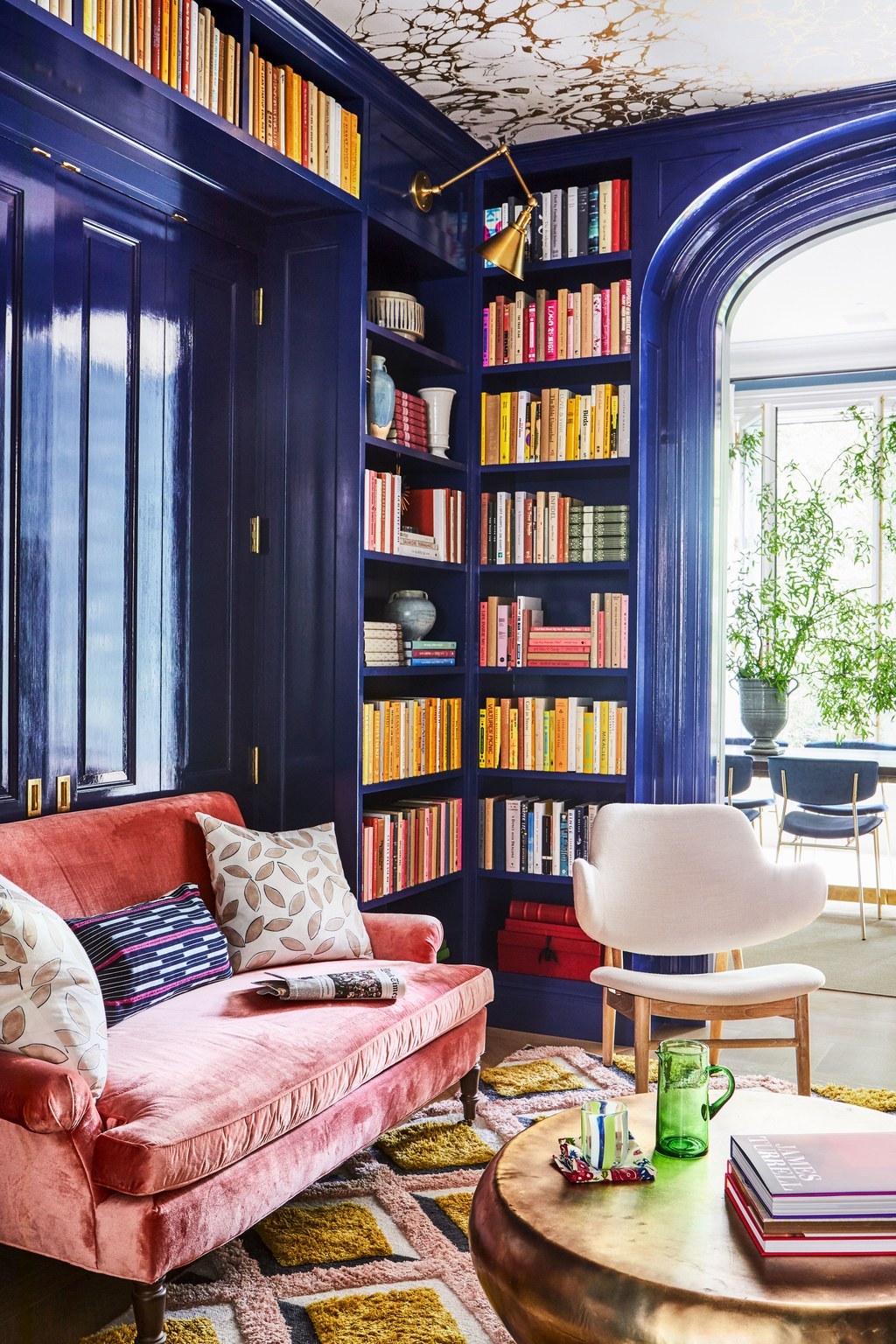
-
More hands-on
Your Airbnb may give you more freedom to choose your rental periods and visitors, but this comes with greater management responsibility. First, you need to be quick to respond to inquiries from potential visitors, those who have already booked as well as those currently staying. Ideally, you should be replying within 24 hours. Then there are the cleaner’s visits to be organized and monitored, plus visitors to be checked in and checked out in person.
If you want to take a holiday, you need to arrange for someone to cover you, or appoint a management company to do the hard work for you. Wouldn’t it be so much more convenient to get a long-term tenant in, sit back and wait for the rent to arrive at the end of the month?
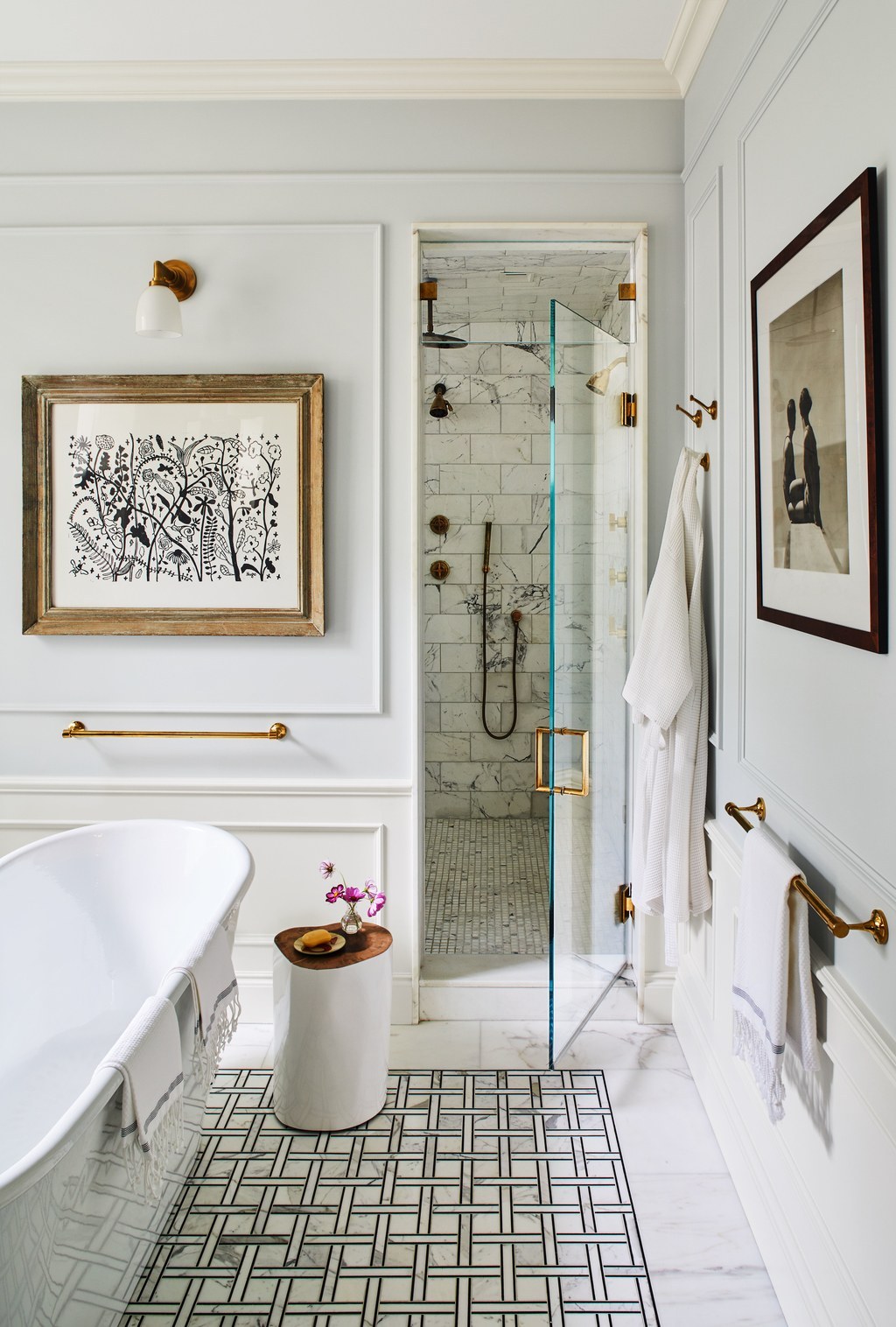
-
Uncertain returns
Every great opportunity carries a risk. Your reservations calendar may be packed out in July and August, but what if bookings fall off a cliff come autumn? Generating income via Airbnb is less certain than if you had a long-term tenant on an annual contract paying regularly every month.
One of the advantages of being a normal landlord is that you can plan your finances; you know exactly how much money is coming in every month. To get comparable figures for your Airbnb, you’d have to add up your who year’s income and divide by 12, then do the same for the following year, so you can get meaningful averages.
-
High early outgoings
As a standard landlord, you would probably let your flat or house on an unfurnished basis, perhaps with a washing machine or dishwasher already built in. By contrast, Airbnb offers fully furnished accommodation that includes furniture and furnishings, bedding and linens, kitchen supplies, household essentials, maybe even toiletries.
What’s more, you can’t just throw any old second hand items together – it has to look stylish and appealing! Airbnb made a deliberate decision to focus on homes with beautiful photos. The simple fact is that if your property doesn’t look good, it won’t get the bookings you’re after. There’s a substantial upfront cost involved in styling your property to attract online visitors that you wouldn’t need to bother with as a traditional landlord.





